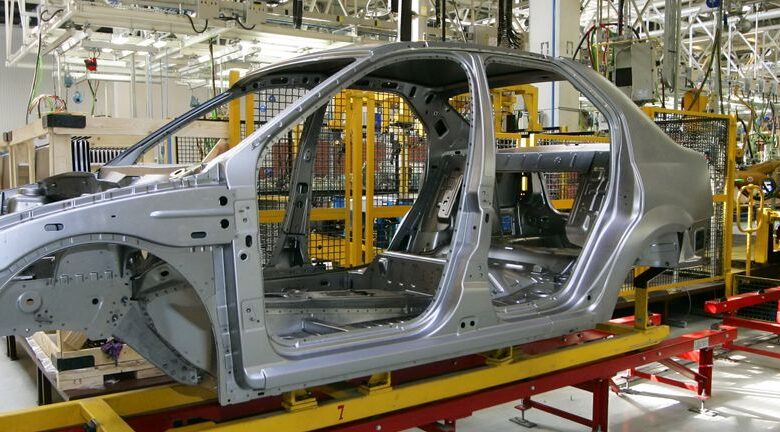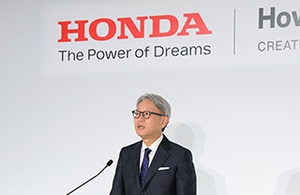Hyundai Motor (KRX:005380) stock performs better than its underlying earnings growth over last five years

When we invest, we’re generally looking for stocks that outperform the market average. Buying under-rated businesses is one path to excess returns. For example, the Hyundai Motor Company (KRX:005380) share price is up 99% in the last 5 years, clearly besting the market return of around 35% (ignoring dividends). On the other hand, the more recent gains haven’t been so impressive, with shareholders gaining just 38%, including dividends.
The past week has proven to be lucrative for Hyundai Motor investors, so let’s see if fundamentals drove the company’s five-year performance.
View our latest analysis for Hyundai Motor
While markets are a powerful pricing mechanism, share prices reflect investor sentiment, not just underlying business performance. By comparing earnings per share (EPS) and share price changes over time, we can get a feel for how investor attitudes to a company have morphed over time.
During five years of share price growth, Hyundai Motor achieved compound earnings per share (EPS) growth of 49% per year. This EPS growth is higher than the 15% average annual increase in the share price. Therefore, it seems the market has become relatively pessimistic about the company. The reasonably low P/E ratio of 5.41 also suggests market apprehension.
The company’s earnings per share (over time) is depicted in the image below (click to see the exact numbers).
It is of course excellent to see how Hyundai Motor has grown profits over the years, but the future is more important for shareholders. It might be well worthwhile taking a look at our free report on how its financial position has changed over time.
What About Dividends?
When looking at investment returns, it is important to consider the difference between total shareholder return (TSR) and share price return. Whereas the share price return only reflects the change in the share price, the TSR includes the value of dividends (assuming they were reinvested) and the benefit of any discounted capital raising or spin-off. It’s fair to say that the TSR gives a more complete picture for stocks that pay a dividend. As it happens, Hyundai Motor’s TSR for the last 5 years was 137%, which exceeds the share price return mentioned earlier. This is largely a result of its dividend payments!
A Different Perspective
It’s good to see that Hyundai Motor has rewarded shareholders with a total shareholder return of 38% in the last twelve months. That’s including the dividend. That’s better than the annualised return of 19% over half a decade, implying that the company is doing better recently. Someone with an optimistic perspective could view the recent improvement in TSR as indicating that the business itself is getting better with time. It’s always interesting to track share price performance over the longer term. But to understand Hyundai Motor better, we need to consider many other factors. Case in point: We’ve spotted 3 warning signs for Hyundai Motor you should be aware of, and 1 of them is a bit concerning.
Of course, you might find a fantastic investment by looking elsewhere. So take a peek at this free list of companies we expect will grow earnings.
Please note, the market returns quoted in this article reflect the market weighted average returns of stocks that currently trade on South Korean exchanges.
Valuation is complex, but we’re helping make it simple.
Find out whether Hyundai Motor is potentially over or undervalued by checking out our comprehensive analysis, which includes fair value estimates, risks and warnings, dividends, insider transactions and financial health.
Have feedback on this article? Concerned about the content? Get in touch with us directly. Alternatively, email editorial-team (at) simplywallst.com.
This article by Simply Wall St is general in nature. We provide commentary based on historical data and analyst forecasts only using an unbiased methodology and our articles are not intended to be financial advice. It does not constitute a recommendation to buy or sell any stock, and does not take account of your objectives, or your financial situation. We aim to bring you long-term focused analysis driven by fundamental data. Note that our analysis may not factor in the latest price-sensitive company announcements or qualitative material. Simply Wall St has no position in any stocks mentioned.


